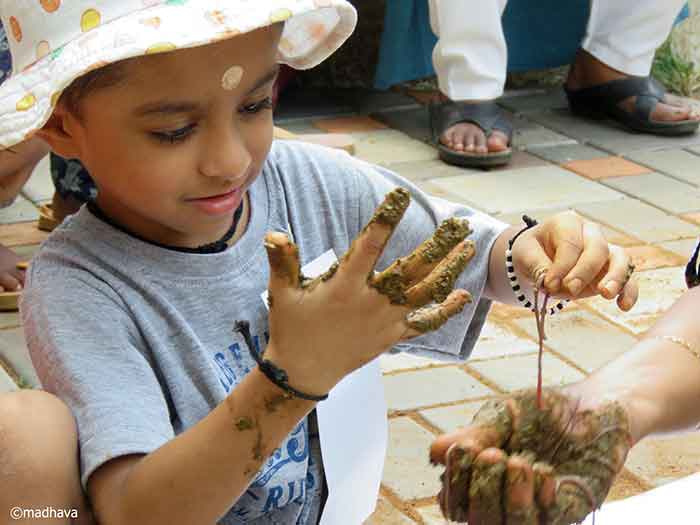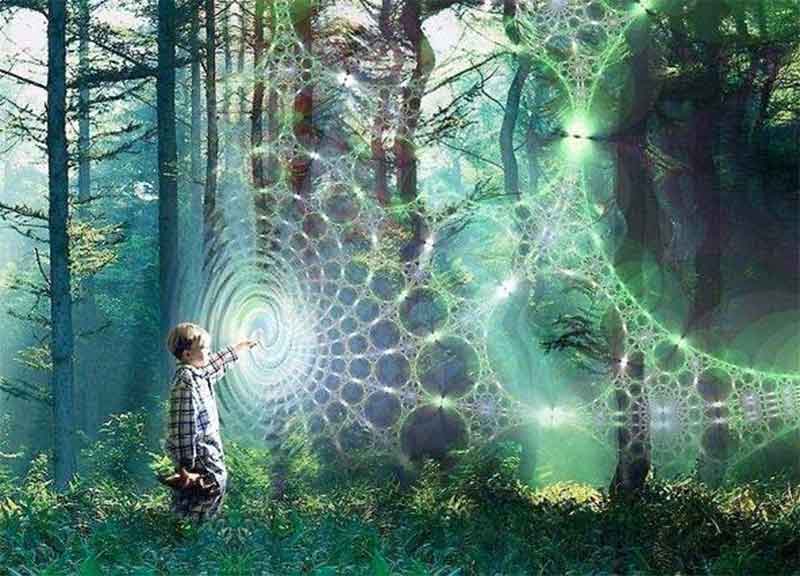
Today December 5, is celebrated as the world soil day (WSD). The proposal for a global day to celebrate soil was first recommended in the year 2002 by the International Union of Soil Sciences (IUSS). Under the framework of the Global Soil Partnership, and the leadership of the King of Thailand, the United Nations Food and Agricultural Organization (FAO) lent its support to the establishment of WSD. The day was envisaged as a global platform to raise awareness about issues related to the management of soil resources.
In 2013, WSD was unanimously endorsed by the FAO Conference. The conference also requested the UN General Assembly (UNGA) for the official adoption of the WSD. The UNGA then designated the first World Soil Day on 5 December, 2014.
It was decided to mark WSD on 5 December as it was the official birthday of the late King of Thailand, H.M. King Bhumibol Adulyadej, who had officially sanctioned the event.
Soil and fertility
“Fertility of the soil is the future of civilization.” – Albert Howard (1873-1947).
Unfortunately the present civilization is bent on destroying this fertility through chemical farming. It is the bounden duty of all of us to reverse this trend to save ourselves and our children. Working with soil and its improvement is one of the greatest tasks facing mankind. Working with soil is considered ‘dirty’ work. It is embedded in our language. When clothes are dirty we called them soiled! Working with soil implies that we have to work essentially with waste management. To work with waste we have to change our attitude. We have to have humility. Working with soil is not same as admiring beautiful flowers, eating tasty fruits or having a healthy and nourishing meal, all of which are products of a healthy soil! We may get a lesson in humility and working with soil from Lu Xun (1881-1936), the great Chinese author who in the context of literature makes this point.
Building the Soil for Chinese literature
Wherein does Lu Hsun’s greatness lie? The best clue is his 1924 talk, ‘Waiting for a Genius’. It is a small piece, easily available on the net and I strongly recommend to all those who are concerned about soil and literature in our country. Below I am quoting extensively from that essay to make the point.
‘It seems to me that among the many requests shouted at writers and artists today, one of the loudest is the demand for a genius. And this clearly proves two things: first, that there is no genius just now in China; secondly, that everybody is sick and tired of our modern art. Is there really no genius? There may be, but we have never seen one and neither has anyone else. So judging by the evidence of our eyes and ears we can say there is not — not only no genius, but no public capable of producing a genius.’
‘To my mind, then, before we expect genius to appear, we should first call for a public capable of producing a genius. In the same way, if we want the trees and lovely flowers we must first have good soil… The soil actually, is more important than the flowers and trees, for without it nothing can grow. Soil is essential to flowers and trees…’
‘A public like this is dust, not soil, and no lovely flowers or fine trees will grow from it.’
‘Although, many people are already tired of hearing the names of Tolstoy, Turgenev and Dostoyevsky, how many of their books have been translated into Chinese?’
‘Unhappily, quite a number of them (critics) are carpers rather than critics. As soon as a work is sent to them, (they) lose no time in penning a most superior verdict: “Why, this is too childish. What China needs is a genius!” Later even those who are not critics learn from them and raise the same clamour. In actuality, the first cry of even a genius at birth is the same as that of an ordinary child; it cannot possibly be a beautiful poem. And if you trample something underfoot because it is childish, it is likely to wither and die. I have seen several writers reduced to shuddering silence by abuse. There was doubtless no genius among them, but even the run-of-the-mill I would like to keep.’
‘It seems to me that while genius is largely inborn, anyone can become the soil to nurture genius. For us to provide, the soil is more realistic than to demand the genius; for otherwise, even if we have hundreds of geniuses they will not be able to strike root for lack of soil, like bean-sprouts growth on a plate.’
‘To be the soil we must become more broad-minded. In other words we must accept new ideas and free ourselves of the old fetters, so as to be able to accept and appreciate any future genius. We must not despise humble tasks either. Those who can write should naturally do so; others can translate, introduce, enjoy, read, or use literature to kill time. It may sound rather odd to speak of killing time with literature, but at least this is better than trampling it underfoot.’
‘Of course the soil cannot be compared with genius, but even to be the soil is difficult unless we persevere and spare no pains. Still, where there’s a will there’s a way, and here we have a better chance of success than if we wait idly for a heaven-sent genius. In this lies the strength of the soil and its great expectations, as well as its reward. For when a beautiful blossom grows from the soil, all who see it naturally take pleasure in the sight, including the soil itself. You need not be a blossom yourself to feel a lifting of your spirit …’
Lu Hsun himself followed this advice he gave to others. He extensively translated from foreign languages in to Chinese. He completed volumes of translations, notably from Russian. He particularly admired Nikolai Gogol and made a translation of Dead Souls. His own first story’s title, “Diary of a Madman”, was inspired by a work of Gogol of the same name. Lu Hsun’s translations were important in a time when Western literature was seldom read, and his literary criticisms remain acute and persuasively argued.
Then he worked tirelessly with his students and young writers, helping them politically, financially and with constructive criticism of their work. He really believed in building the soil for Chinese literature.
So let us join in the humble but important task of building a healthy soil for all endeavours!
T. Vijayendra (1943- ) was born in Mysore, grew in Indore and went to IIT Kharagpur to get a B. Tech. in Electronics (1966). After a year’s stint at the Saha Institute of Nuclear Physics, Kolkata, he got drawn into the whirlwind times of the late 60s. Since then, he has always been some kind of political-social activist. His brief for himself is the education of Left wing cadres and so he almost exclusively publishes in the Left wing journal Frontier, published from Kolkata. For the last nine years, he has been active in the field of ‘Peak Oil’ and is a founder member of Peak Oil India and Ecologise. Since 2015 he has been involved in Ecologise! Camps and in 2016 he initiated Ecologise Hyderabad. He divides his time between an organic farm at the foothills of Western Ghats, watching birds, writing fiction and Hyderabad. He has published a book dealing with resource depletions, three books of essays, two collections of short stories, a novella and an autobiography. Vijayendra has been a ‘dedicated’ cyclist all his life, meaning, he neither took a driving licence nor did he ever drive a fossil fuel based vehicle. Email: [email protected]
















































